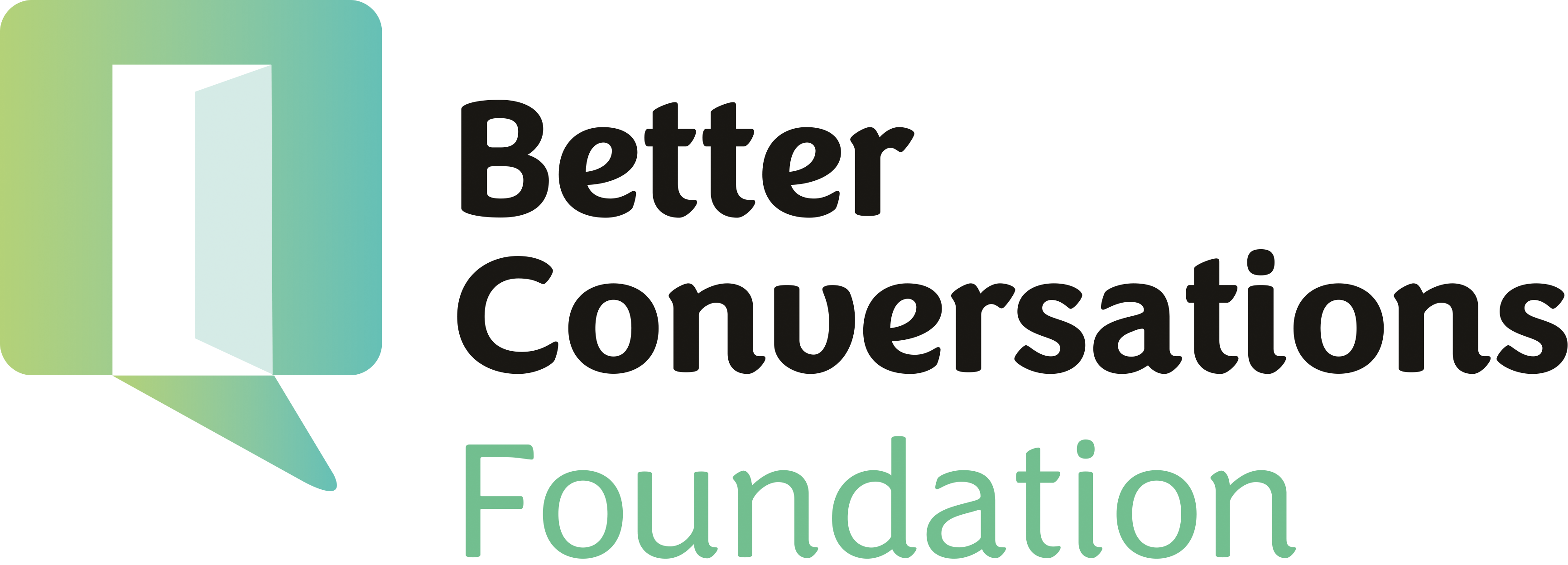4.6. What makes a course the Better Conversations course?#
4.6.1. Aims#
We encourage people to take what we’ve done and do their own thing with it; a reasonable question is “at what point does it become a different course?”. This is particularly important when people want to call their course “Better Conversations” and refer to the Better Conversations Foundation. It also defines who is eligible for badges and certification as described in the badges documentation.
Remember that we’re not trying to restrict people from doing what they want, we’re trying to set expectations for what we can support. You can do what you want with this material subject to the Creative Commons license.
This our current attempt at that balance between celebrating diversity and a standadised course we can support. We welcome feedback and suggestions and will adjust as needed.
4.6.2. What makes it the Better Conversations course?#
Before we get into the detail, just to emphasise the point, we’re not trying to restrict people from doing what they want. We’re trying to set expectations for what we can support.
If you want to call your course “Better Conversations”, and associate yourself with us, then this is what we need you to do.
Precision matters in these things, so the key words “MUST”, “MUST NOT”, “REQUIRED”, “SHALL”, “SHALL NOT”, “SHOULD”, “SHOULD NOT”, “RECOMMENDED”, “MAY”, and “OPTIONAL” in this are to be interpreted as described in RFC 2119 which we’ve referenced below.
You MUST follow a flight plan. This is the core of the course and the foundation of everything we do. It’s what we can support, along with the Handbook.
You MUST follow flight plans which are of the same major version as the current course as provided by the Foundation. At the time of writing this is version 3, the latest version is 3.0.4 which means you can use any version from 3.0.0 to 3.0.4.
You MUST keep modules 1-5 intact, in the same order, with the same names. Module 6 is optional and if you include it, you SHOULD customise it to your context.
You MUST use the same models and exercises.
You MAY NOT substitute any of the models with your own.
You MAY add additional modules, either at the start or end of your course.
You SHOULD deliver the course as a series of 1-hour sessions spaced a week apart. Our experience is that you will maximise the impact of the course because the week between sessions allows people to apply the skills to their own situation and reflect on what they’ve learned.
You SHOULD use your own words in the content of the modules, but you MUST be aiming for the same outcomes as the original course. We know that effective training means you need to use your own voice.
You MUST NOT record the sessions.
Better Conversations is an experiential course and we want to encourage people to experience it for themselves, whilst also protecting participants’ privacy.
If people miss a session, they are welcome to attend that module with the Foundation if they are unable to catch up with you, but you MUST NOT record sessions under any circumstances.
You MAY deliver the course in person. Whilst it is designed to be delivered remotely, we recognise that there are contexts where in-person delivery is preferable or necessary. Engaging in our community will help you adapt the course for your own circumstances.
4.6.3. Further reading#
The terminology used in this document is based on the RFC 2119 standard.
